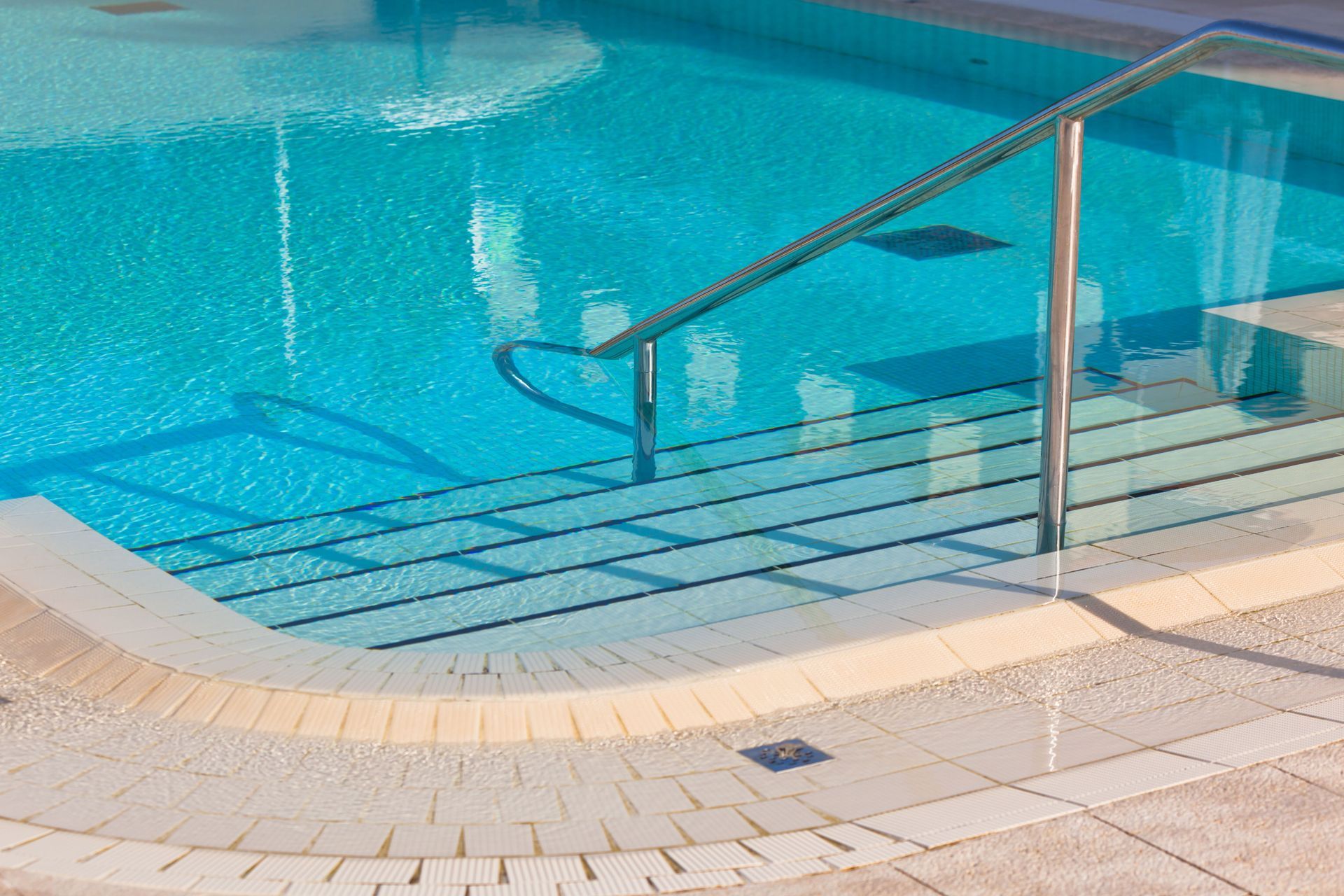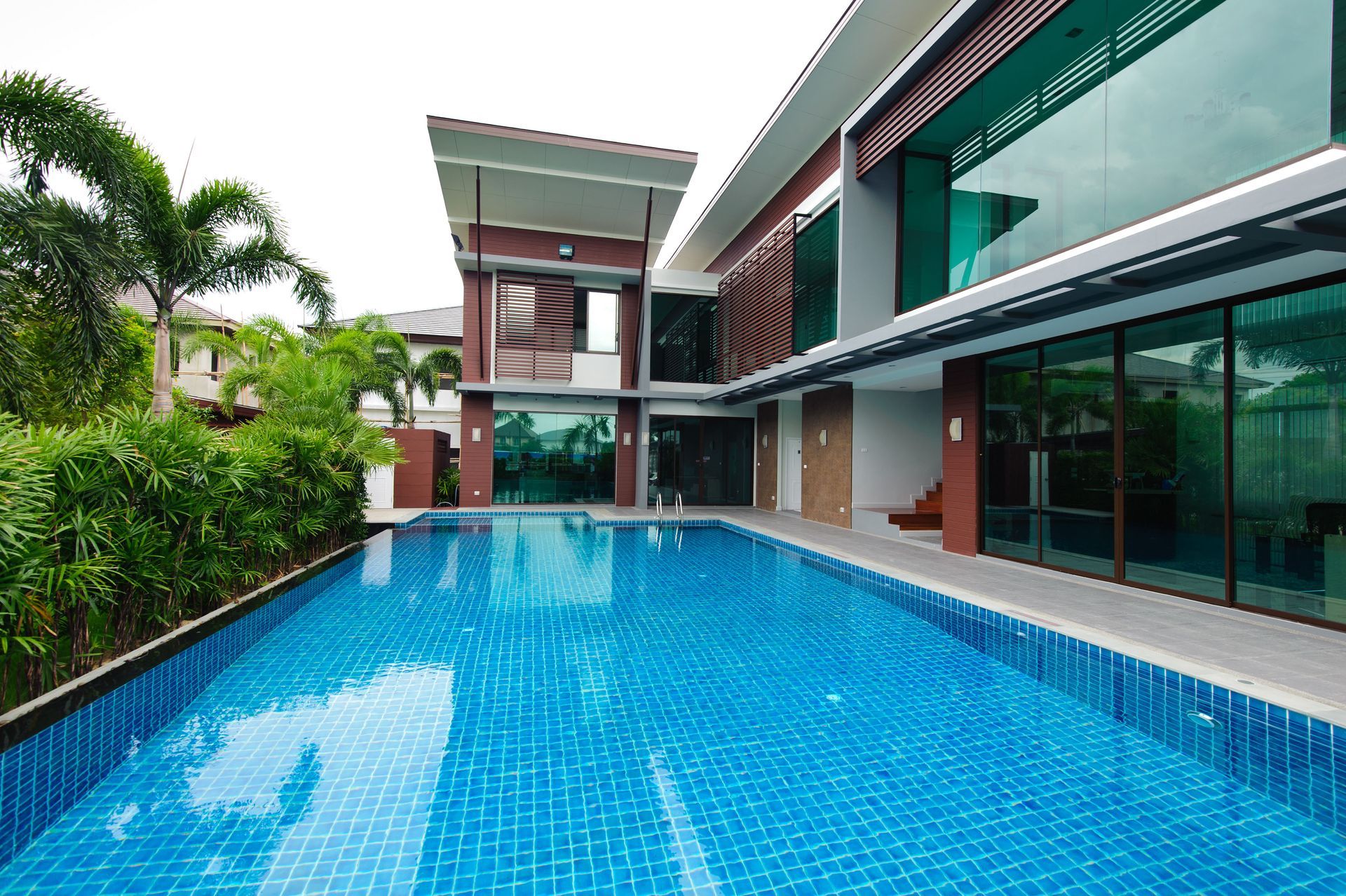The Surprising Benefits of Owning a Swimming Pool
Owning a swimming pool is often seen as a luxury or a commitment to regular maintenance. However, numerous surprising benefits come with pool ownership which extend beyond mere leisure. From physical health to social dynamics, pools offer a range of advantages that can enhance overall well-being and lifestyle. These benefits make owning a pool a valuable investment not just in property, but also in personal and family well-being. This article will explore the diverse benefits of pool ownership, aiming to provide a comprehensive understanding of its multifaceted contributions to health, social life, and financial investment.
Physical Health and Fitness Benefits
Low-Impact Exercise
Swimming pools provide a perfect environment for low-impact exercise, making it accessible to people of all ages and fitness levels. Unlike running or weightlifting, swimming places minimal stress on the joints, reducing the risk of injury. The buoyancy of water supports the body, allowing individuals with arthritis, muscle strain, or joint pain to exercise comfortably. Regular swimming can improve cardiovascular health and build muscle endurance without causing wear and tear on the body. This makes it an ideal exercise option for rehabilitation and maintaining general fitness through a gentle, yet effective workout.
Cardiovascular Improvement
Engaging in swimming regularly can lead to substantial improvements in cardiovascular health. Swimming requires the coordination of breathing with physical activity, which enhances lung capacity and efficiency. By raising the heart rate in a controlled manner, swimmers can improve circulation and reduce the risk of cardiovascular diseases. This form of exercise increases the heart's strength, enabling it to pump more blood per beat, thus becoming more efficient. As a result, swimmers often experience lower resting heart rates and improved overall heart function.
Muscle Toning and Strength
Swimming is not only good for the heart but also excellent for muscle toning and strength development. Every stroke and kick acts as resistance training, working against the water's natural density. This resistance helps in building muscle strength and power without the need for additional weights. Unlike traditional gym workouts, swimming engages various muscle groups simultaneously, promoting balanced muscle development. By incorporating different strokes, like freestyle or breaststroke, swimmers can target specific muscle areas, further enhancing toning and strength.
Weight Management
Swimming is an effective exercise for managing weight due to its ability to burn calories and boost metabolism. Depending on the intensity and the swimmer's weight, one hour of swimming can burn approximately 400 to 700 calories. This calorie-burning potential, combined with increased muscle mass from regular swimming, can contribute to easier weight maintenance or loss. Furthermore, the full-body workout engages larger muscles, which increases energy expenditure during and after the activity. Regular swimming sessions can, therefore, be a key component of a successful weight management plan.
Flexibility and Joint Health
Exercising in water can significantly enhance flexibility and joint health, due to the natural stretch and range of motion involved. Floating in water encourages movements that extend the limbs, promoting flexibility in a way that dry-land exercises might not. Additionally, water's resistance improves joint stability and strengthens the muscles around them, reducing stiffness and risk of injury. This aspect is particularly beneficial for aging populations and those recovering from surgery or injuries. Consequently, swimming remains an excellent exercise to maintain long-term joint health and mobility.
Mental Health and Relaxation
Stress Reduction
Swimming pools offer a serene escape from the daily grind, significantly reducing stress levels. The repetitive nature of swimming and the immersion in water can have a meditative effect, helping to clear the mind and reduce anxiety. According to RubyHome, 36% of children and 15% of adults swim in a pool at least 6 times a year, indicating that many seek the calming atmosphere a pool can provide. The focus required for swimming, along with the rhythmic breathing, parallels meditative practices, further enhancing its stress-reducing properties. Access to a personal pool can create a private sanctuary for relaxation and mental rejuvenation.
Meditative Properties of Water
The soothing qualities of water contribute significantly to its meditative properties. As swimmers glide through water, they experience sensory deprivation from external distractions, allowing for enhanced focus and mental clarity. This environment supports mindfulness, a state where individuals become fully immersed in the present moment. The sound of water can also promote relaxation, akin to listening to calming music or nature sounds. Pools provide an oasis for the mind, encouraging regular use for mental health benefits.
Improved Sleep Patterns
Regular swimming can lead to improved sleep patterns, benefitting those with insomnia or sleep disturbances. Physical exertion in water supports circadian rhythms, helping the body recognize natural sleep-wake cycles. The reduction in anxiety and stress through swimming further contributes to better sleep by reducing nighttime restlessness. Additionally, the cooling effect of water post-swim can lower body temperature, signaling the body to prepare for rest. Therefore, integrating swimming into one's routine can enhance both the quality and duration of sleep.
Enhanced Mood and Happiness
The physical activity achieved from swimming stimulates the production of endorphins, often known as 'feel-good' hormones. These endorphins elevate mood, promoting a sense of happiness and well-being. Additionally, the physical achievement of swimming and the tranquility of the aquatic environment contribute to elevated emotional states. Participants often experience improvement in self-esteem and confidence with regular practice and fitness achievements. Consequently, regular swimming sessions can continuously enhance one's mood and promote a positive outlook on life.
Reduction in Anxiety Levels
For individuals struggling with anxiety, swimming can offer an effective outlet for relief. The deep breathing techniques practiced while swimming engage the parasympathetic nervous system, which is associated with relaxation and calmness. Regular, rhythmic breathing helps to lower anxiety symptoms by providing a physical and mental focus. Furthermore, the tactile sensation of water on the skin has been shown to reduce arousal levels, inducing a sense of calmness. Pool ownership provides consistent access to this calming activity, aiding in long-term anxiety management.
Social and Family Bonding
Quality Family Time
Swimming pools serve as a hub for quality family time, fostering stronger connections and shared memories. The pool environment encourages families to spend time together in an engaging and enjoyable setting, free from the distractions of technology. Swimming and pool games offer opportunities for family members to bond through physical activity and play. Parents can also teach children swimming skills, promoting intergenerational learning and cooperation. A pool in the backyard becomes a cherished family space, a backdrop for laughter and shared experiences.
Summer Parties and Gatherings
Owning a swimming pool allows for spectacular summer parties and gatherings, acting as the centerpiece for social events. Pools provide a venue for relaxation and entertainment, drawing people together for barbeques, birthday parties, or casual get-togethers. The combination of a pool and party transforms ordinary summer days into festive occasions, creating memories that last a lifetime. Friends and family naturally gravitate to the refreshing allure of water, crafting easy opportunities for social interaction. A well-maintained pool enhances the hosting experience for the homeowner, making it a social asset.
Neighborhood and Community Linkages
Pools contribute positively to neighborhood relationships, acting as a communal space for connecting with neighbors. Inviting neighbors for an afternoon swim or poolside chat fosters a sense of community and camaraderie. These interactions can lead to lasting friendships and solidify the neighborhood’s social fabric, promoting togetherness and cooperation. A sense of trust and acquaintance among neighbors can lead to cooperative arrangements, such as pool sharing or collective upkeep. Thus, pools extend their social influence beyond family, strengthening ties within the community.
While swimming pools may require an initial investment and ongoing maintenance, the benefits they provide far outweigh these considerations. From enhancing health and wellness to enriching social lives and raising property values, the advantages of owning a swimming pool are both impactful and rewarding. By embracing the myriad benefits, pool owners can enjoy a unique blend of leisure, fitness, and community right in their own backyard. Be sure to reach out to Bulldog Pools today for more information on our professional pool companies!





Share On: